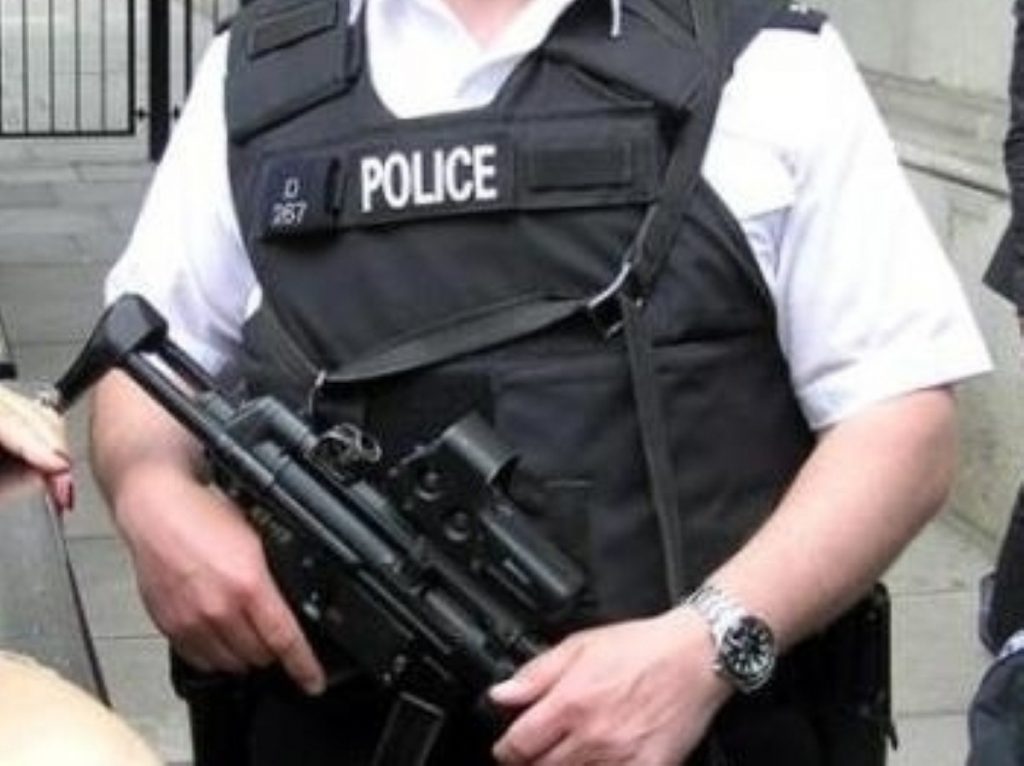Met ‘should be stripped of counter-terrorism responsibility’
By Ian DuntFollow @IanDunt and Phil ScullionFollow @PhilScullion
Responsibility for counter-terrorism operations should be taken from the Metropolitan police and handed to another body, an influential committee of MPs has found.
The home affairs committee suggested the responsibility be handed to the new National Crime Agency after the Olympics.
The demand comes in a highly critical report on the government's reforms of the police service, in which MPs warn that IT services in the force are now so poor they are fundamentally preventing effective police operations.


The report paints a picture of chaos and confusion in government as it tries to implement its reforms.
For instance, concerns were also raised about the timetable for the National Policing Improvement Agency, which is due to be phased out in under a year even though no-one has announced which body will be taking over its functions.
"We are deeply concerned that more than a year after the publication of the consultation paper, many of the details of the government's proposals are still unclear," committee chair Keith Vaz said.
"This is extremely unhelpful, both for the police service itself and for the other bodies involved in the criminal justice landscape.
"We are also concerned that the government may not be able to meet its own timetable for introducing the changes, and urge it to issue a revised timetable as soon as possible."
MPs also warned that the ongoing review into pay and conditions was hammering morale in the police service.
Other recommendations include more active government support of collaboration between police forces and smarter attempts to tackle bureaucracy which address the causes of paperwork rather than simply trying to reduce it.
The committee also suggested a new inclusive professional body for policing could become a useful part of the policing landscape, but only if the government is able to win the "hearts and minds" of police officers and staff over its nature and role.
Mr Vaz called the government's changes to policing "among the most significant" since Sir Robert Peel laid the foundation for modern policing nearly 200 years ago and the most "far-reaching" since the 1960s.
However, he added: "The police perform a difficult and dangerous task on behalf of the public and the continuing uncertainty about the future of many of the bodies involved in policing has the potential to be very damaging."












